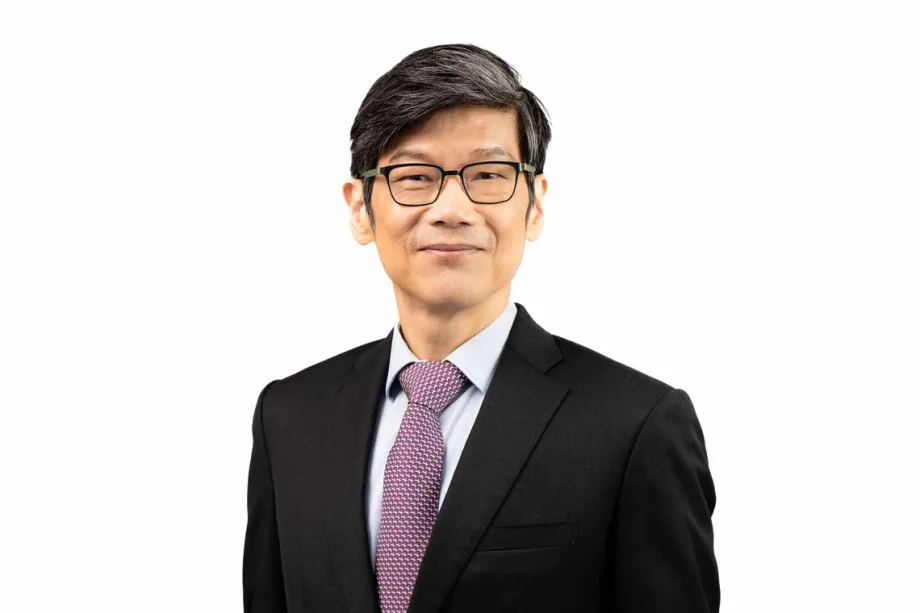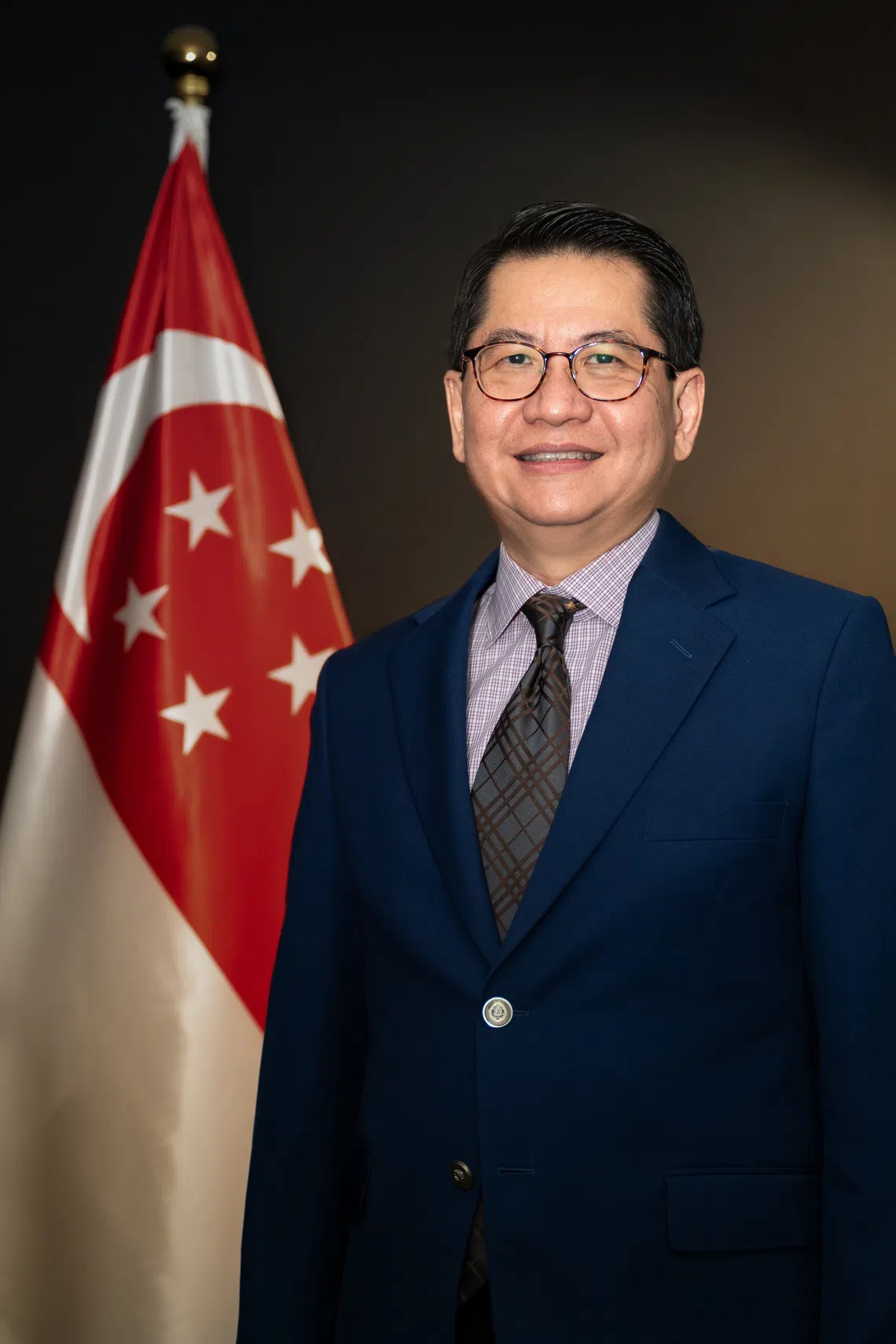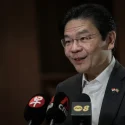SINGAPORE – Manpower Permanent Secretary Ng Chee Khern will retire on Dec 1, marking an end to 41 years in the public service during a career filled with distinction.
Mr Ng, 60, began his career in 1984, rising through the ranks and becoming Chief of Air Force from 2006 to 2009, said the Public Service Division (PSD) in a statement on Oct 30.
The following year, he was appointed Security and Intelligence Division director, and, in 2014, became the permanent secretary for defence development.
Between 2014 and 2016, he was also the second permanent secretary for health, before being appointed the first permanent secretary for Smart Nation and digital government in the Prime Minister’s Office in 2017.
In that role, he led efforts to develop digital solutions for citizens and businesses, such as Singpass and MyInfo, said PSD.
Digital payments in Singapore grew under his watch, with the introduction of the Singapore Quick Response Code, better known as SGQR – a single, standardised QR code for e-payments that combines multiple payment schemes into a single label – as well as the Unified Point of Sale system.
Mr Ng, who was the founding chairman of the Government Technology Agency, also established the National Artificial Intelligence Office and the country’s first national AI strategy.
He became permanent secretary for manpower in 2022, where he conceptualised the
Majulah Package
to boost older Singaporeans’ retirement adequacy, and worked closely with tripartite partners on the Platform Workers Act, the Workplace Fairness Act, the Progressive Wage Model, as well as initiatives on senior employment.
Thanking Mr Ng for his service, Defence Minister Chan Chun Sing, who is also Minister-in-charge of the Public Service and Coordinating Minister for Public Services, said: “He has served with distinction and made many significant and impactful contributions to the public service.”










